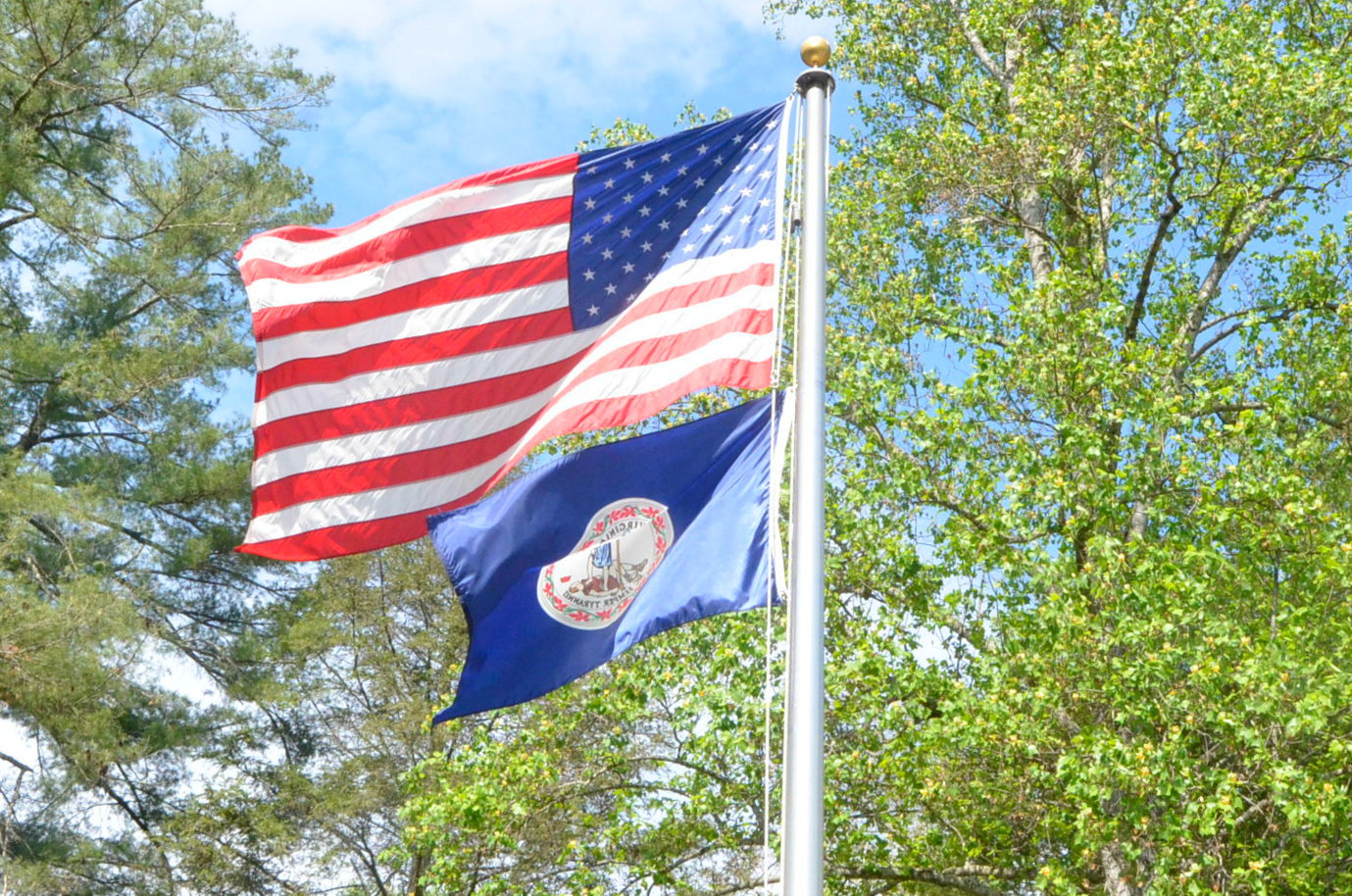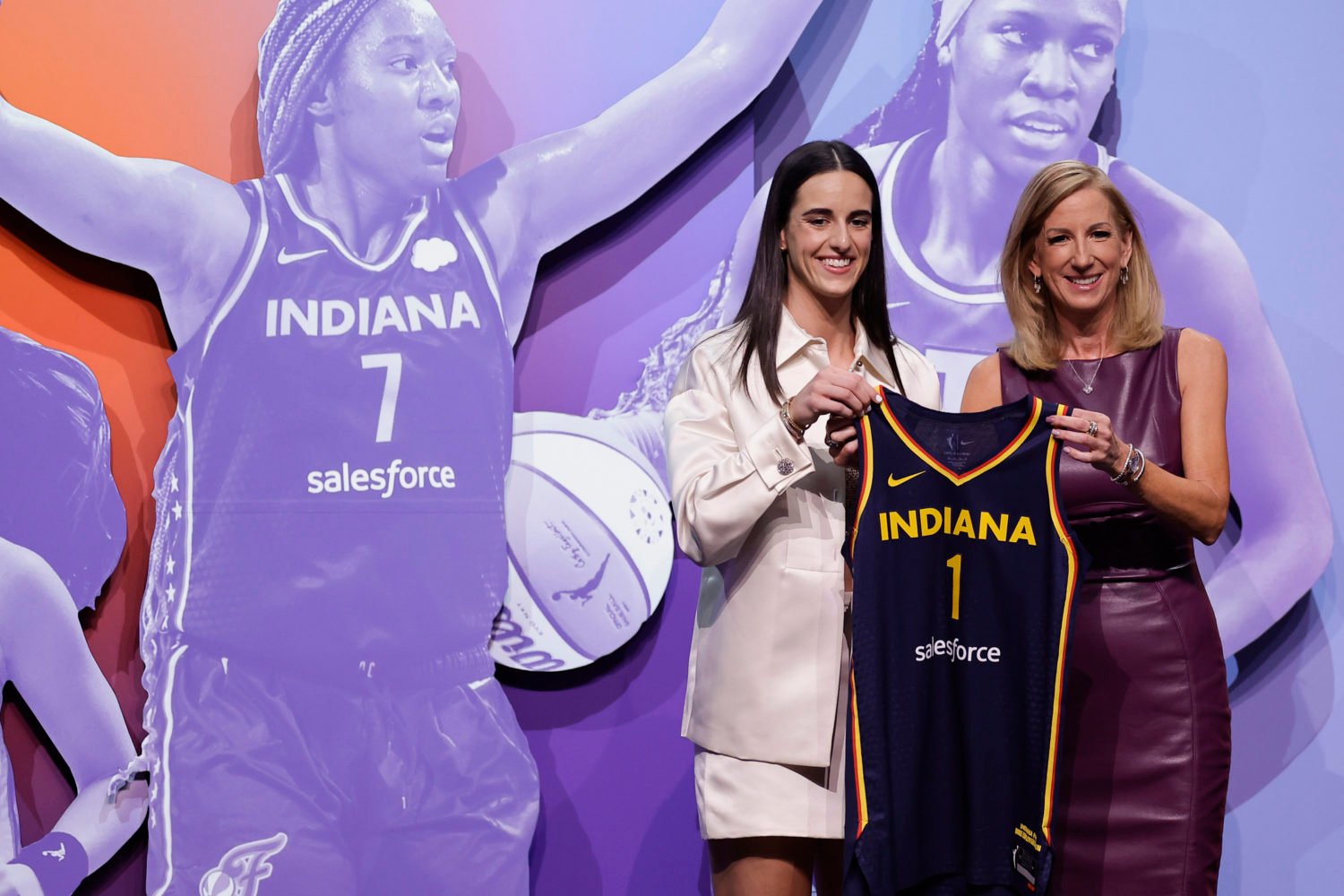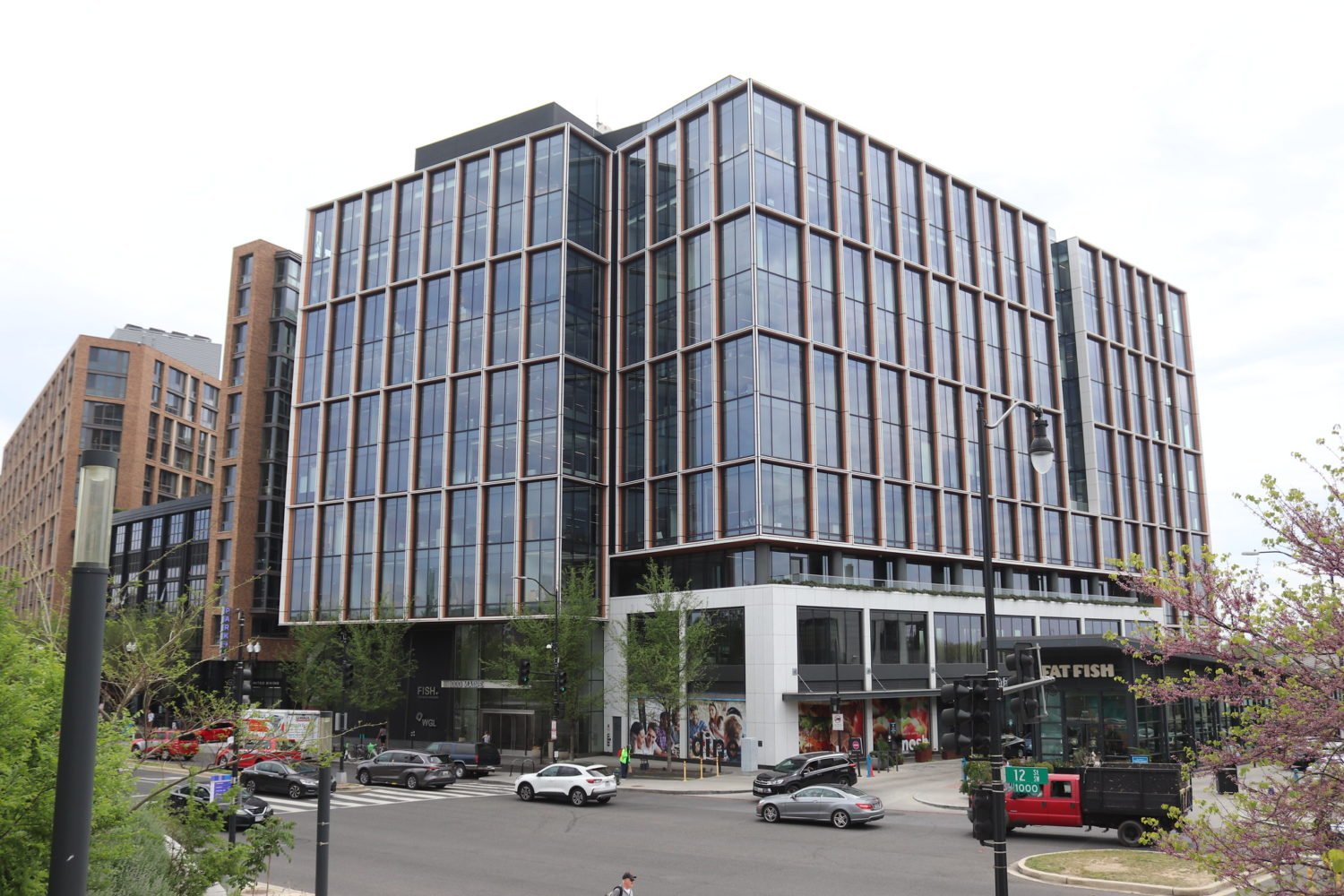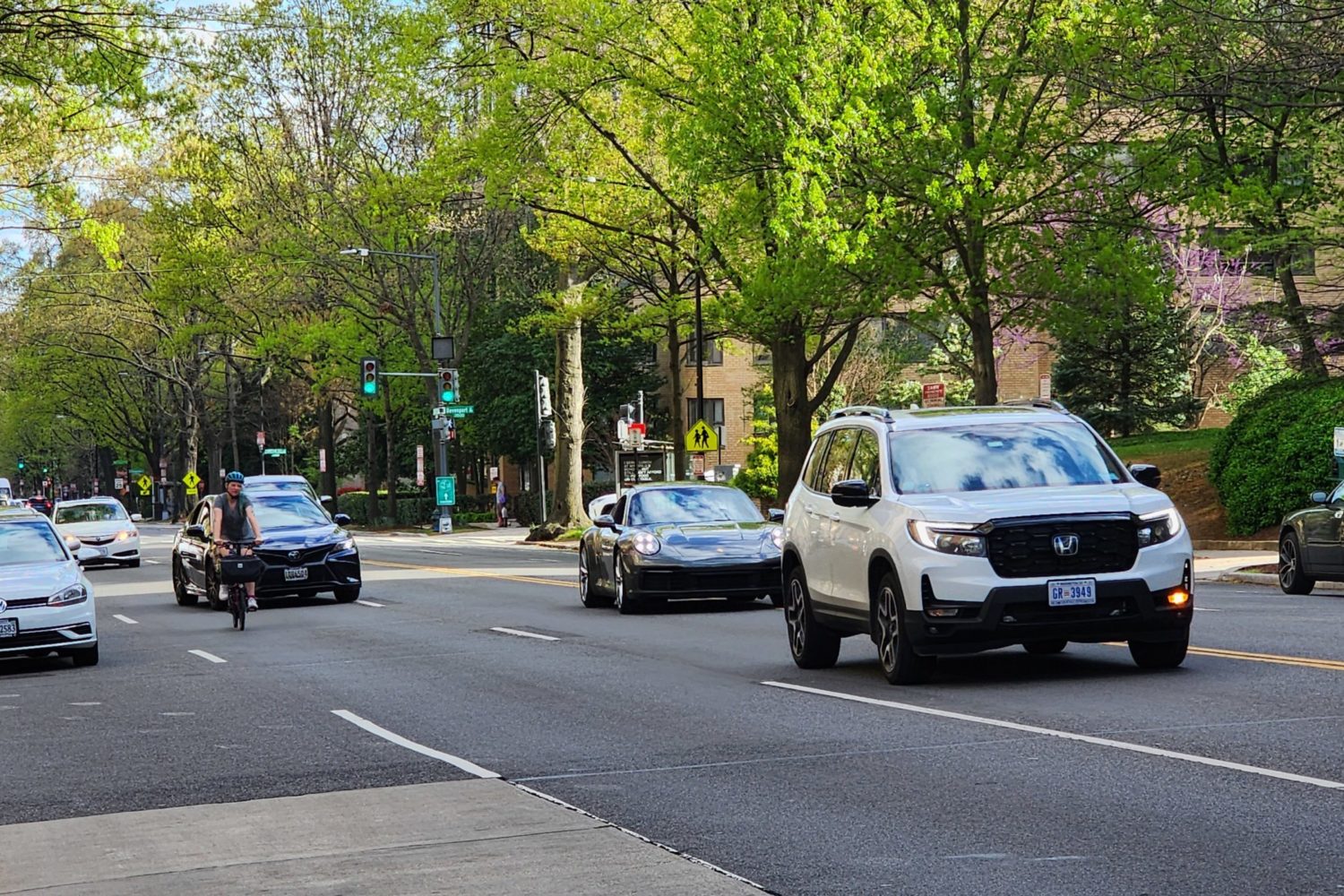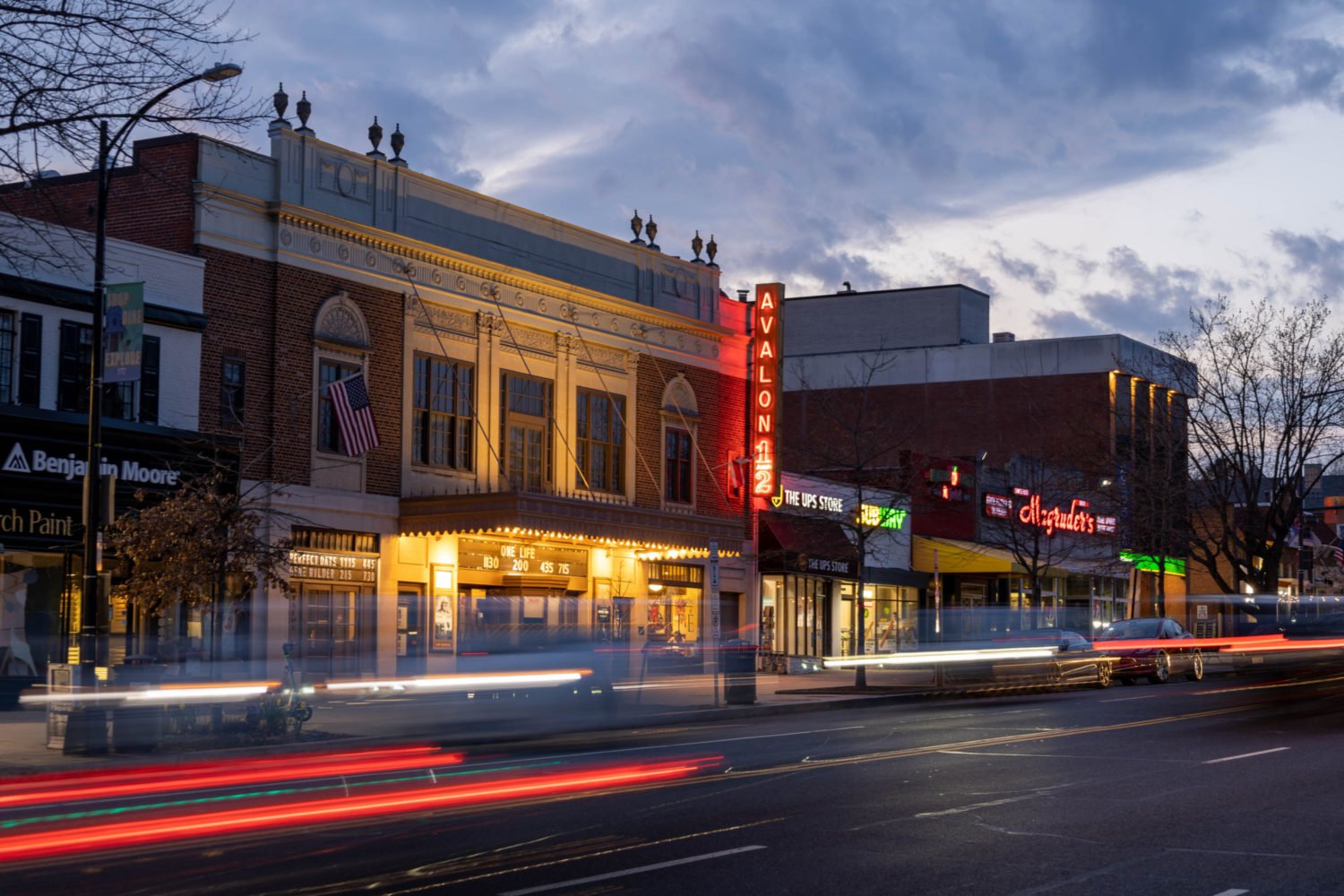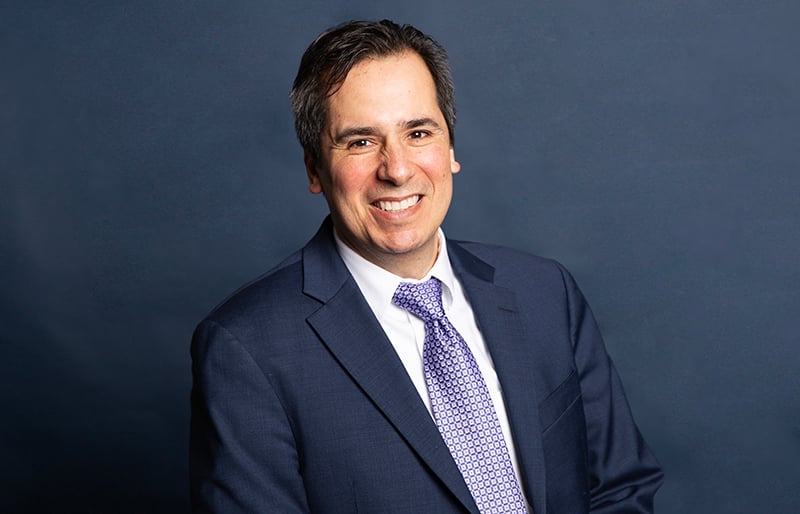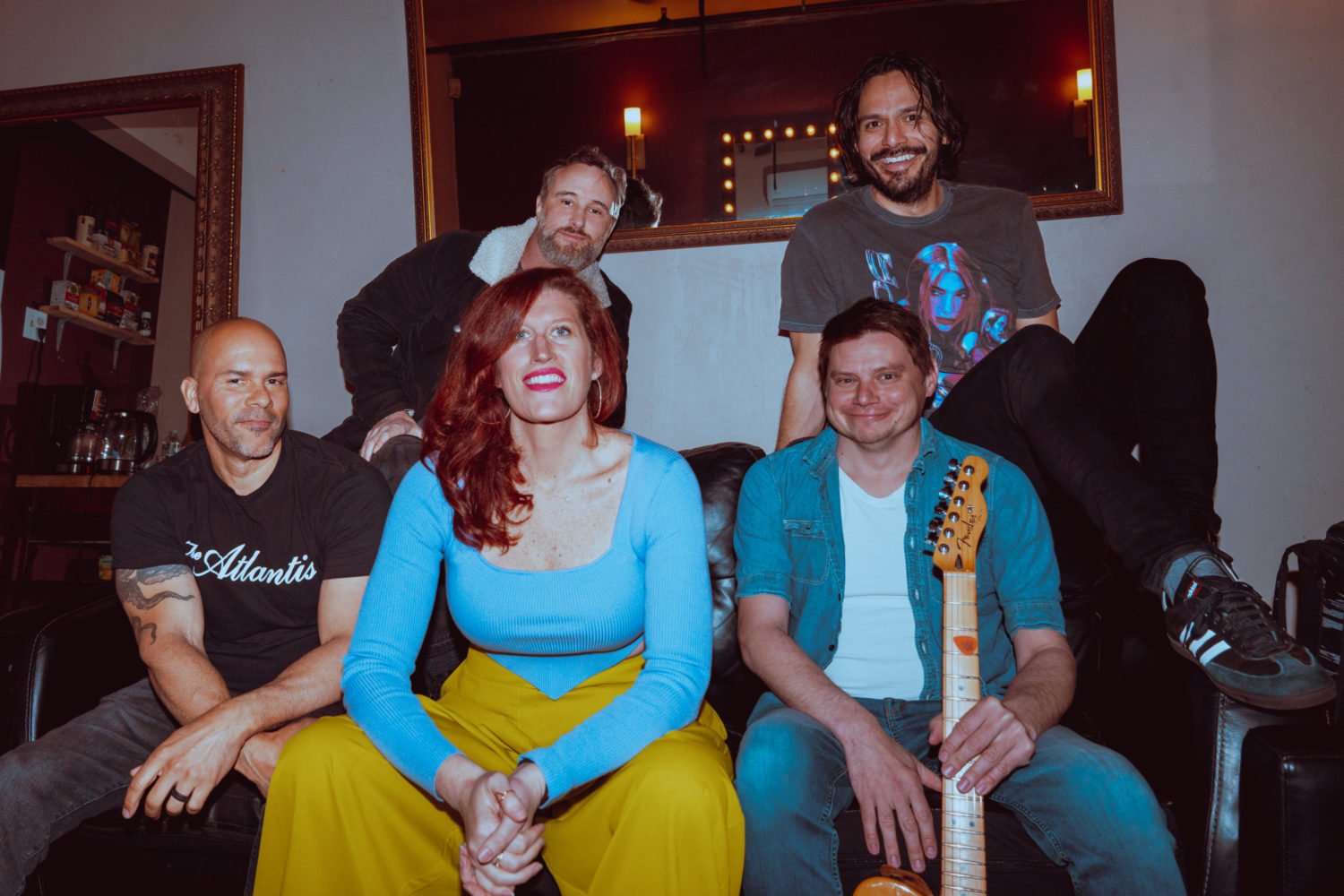In 1998 Ralph Anthony was $37,000 in the red, not counting his home mortgage. Then he signed up for a three-hour First Class course called "Become Debt-Free in Five to Seven Years."
"I had student loans, charge cards, a $400 car note," says Anthony, 51, a government accountant aiming for debt-free retirement. "The instructor took us through some calculations: how much we'd have in ten years if we invested this or paid off that. He explained budgeting, planning, a whole new mindset toward using money."
Anthony put the lessons to work. Pay off one card in full; use the savings to pay off the next. Eat out less. Try a Roth IRA. Think: Did he need a new car or just want one? By July 2000, the red ink was gone–and he'd knocked 22 percent off his remaining house payments.
"I wish I'd taken that class when I was a lot younger," says Anthony, who's urged friends and relatives to do the same. "I actually have more cash now than before I started paying the mortgage down. That class was the best $37 I ever spent."
With one-shot workshops like this, DC's First Class attracts 10,000 registrants a year. The 17-year-old "lifelong learning center" stresses "tricks and techniques you can take home on Tuesday and use on Wednesday," says founder Deb Leopold–plus the chance to practice, compare notes, and role-play with folks interested in the same topics. Those range from the practical, like money management, to the more sensuous; the most popular workshop lately is herbal-soap making.
Poke around Washington any night or weekend and you'll find adults in all kinds of classes: abstract drawing at the Corcoran, overcoming math anxiety at Howard, interpreting Scripture through sign language at Gallaudet. They're even lined up at 3 AM to get into "Motorcycle Rider Safety" at Prince George's Community College.
The most popular continuing-education courses, in terms of perpetual enrollment, always relate to jobs: Career training, especially in computers, remains hot, and every profession from lawyer and dentist to architect and massage therapist requires that practitioners keep up knowledge and skills. Then there's test preparation and, for immigrants, English as a second language.
But other goals–fun, self-fulfillment, new understanding–also are driving enrollment up. "Continuing education is definitely growing nationwide," says Scott Battle, who has run such programs at American and George Washington universities. And whether learning a skill or satisfying an interest, more adult students are saying what instructors love to hear:
"This class changed my life."
Joseph Scafetta JR. met a good chunk of his family–including his wife–in part because of night classes.
When his immigrant father, Giuseppe, died in 1975, among his effects were four letters from his brothers. Scafetta, who knew only enough Italian to follow a conversation, had a friend reply–but his pride and curiosity were piqued. "Who was this man," he thought, "and what made him what he was?"
That led the young lawyer to an Italian course at the USDA Graduate School. After a year, he felt confident enough to visit Italy with cousins. He met some aunts and uncles for the first time and began to correspond with them and other relatives–as far afield as Australia and Argentina–in their native tongue.
Scafetta stayed with the Italian course for three more years. That's not unusual for USDA. Among its 26 foreign-language courses, "Advanced Italian Conversation" has some of the most devoted adherents: Some have registered for 10 to 15 years. "Even though our courses are academic, they're really social events for many students," says communications director Deborah Smith. A core group moves to Il Radiccio for pizza after Tuesday classes; classmates have attended one another's weddings and child christenings.
Feeling a stronger connection to his origins, Scafetta joined an Italian-American singles group in Alexandria and eventually became its president. "By doing that, I'd be out front and meeting new members first," he explains with a grin. It worked: In walked Teresa Talierco, who knew just a few phrases from her grandmother's dinner table. He suggested she take a class. She did. So, again, did he. They married four years later.
And honeymooned–you guessed it. They were met in Italy by relatives of both, and they visited family members in towns they'd learned of through genealogical research and correspondence.
Language study "expands your consciousness about the rest of the world," says Michael Robinson of Cleveland Park, who attends USDA. "Little quirky things happen to you when you learn a language"–like the time an Italian merchant family, delighted that their American visitor could carry on a conversation, closed their shop and invited him in for wine. "You get a much more intimate experience of a culture. It's rich and rewarding and fun."
Scafetta agrees: "Through continuing education, I connected with my family worldwide. As just an English speaker, I don't know how long I'd have kept up communication." He intends to practice his Italian indefinitely in classes close to home through the Fairfax County Public Schools.
Joseph Scafetta III, now 2H years old, says "ciao," "si," and a dozen other Italian words. His parents plan to enroll him in bilingual Sunday school. "I hope he'll grow up to speak both," his father says. "And maybe he won't wait until I've passed on to figure out who I was and what made me who I was."
At the funeral of a friend her own age, Nani Power had an epiphany: Who knows when your number's up? Now was the time to start one of those life lists of accomplishments.
The fine-arts major, who'd painted while working as a waitress, chef, and catering manager, signed up for a Georgetown University expressive-writing course. "I thought I'd take that, then an acting class, then something else," she says. "I thought it would be fun–but it completely transformed my life."
On one of her first short stories, instructor Liam Callanan wrote, "I think you could get this published" and named a literary magazine. "He probably just tossed that out," Power confides, "but I said, 'Oh, my god!' " Encouraged to start a novel as well, she registered the next term for the same class.
"It's amazing how much difference a great teacher can make," she says of Callanan, who has published criticism in the New York Times and Washington Post. Class exercises were stimulating, support in a new endeavor empowering. Pieces of Power's own experiences–New York nights, Dupont Circle days, mind games of love and doubt–began forming unexpected patterns.
And then came seven publishers vying for rights. She met them all in one whirlwind day and signed with Atlantic Monthly Press, which offered a 50,000 print run, aggressive marketing, and a two-book contract. The novel, Crawling at Night, has gotten top reviews; while on tour on the West Coast this summer, she met with a Hollywood agent about movie options.
Power never did get around to taking drama–though she's seen plenty of it lately. "That was a pretty darn good class I took at Georgetown," she says. "I got a lot for my $75."
George and Maggie Riesz were so impressed with the learning opportunities around Washington that they retired here from New Jersey. Business trips and visits with their son, who attended American University, convinced the couple "to situate ourselves at the end of the Metro Orange Line so we could get downtown to all this great stuff."
Most of that "great stuff" they get through Smithsonian Associates, the country's largest museum-based continuing-education program, which offers lectures, seminars, workshops, tours, and performances. "Everything we do has an education component," says director Mara Mayor. "The teachers are experts in their fields, but we're geared to non-experts."
Could the Rieszes still be considered non-experts? For 12 years, they've immersed themselves in Impressionist, African-American, and contemporary art, Latin American music, the history of pianos, cuisines of Asia, and talks by authors from Jim Lehrer to Garrison Keillor. Before a trip to India, they attended lectures on that country's art and history. Having just completed a course on the art of China, they're off this month to see the real thing.
"There's something more inviting about a lecture, a slide show, a music-appreciation class than about having to read a book–picking it up and putting it down again," Maggie Riesz says. Seven years ago the two got even more involved by volunteering to run Smithsonian Associates programs–a lot of work that enables them to attend for free.
Often they're asked to help with programs they know nothing about. "We've expanded our interests simply by saying, 'Okay, we're free next Wednesday, why not?' " says George. "Just dropping in, the chance of discovering something you like is very high."
Roberta and George Stevens second the thought. She began volunteering about a decade ago; he, missing her, did the same in 1999. She's helped on more than 250 Associates programs.
The experience revved up her confidence in dealing with strangers. Helping on 20 tours of far-flung battlefields has taken her understanding of the Civil War from minute to major. Through stargazing nights at Great Meadow and the Naval Observatory, she's gained perspective on her small part of a vast universe.
"I have two academic degrees. I don't want to get another," says Roberta Stevens, an official at the Library of Congress. Continuing education "is a great way to explore a topic in a concentrated, organized way. All you have to do is relax, listen, learn, and interact. It's lifelong learning that's truly enjoyable."
For a complete list of the area's continuing-education programs, visit Washingtonian Online at www.washingtonian.com.










